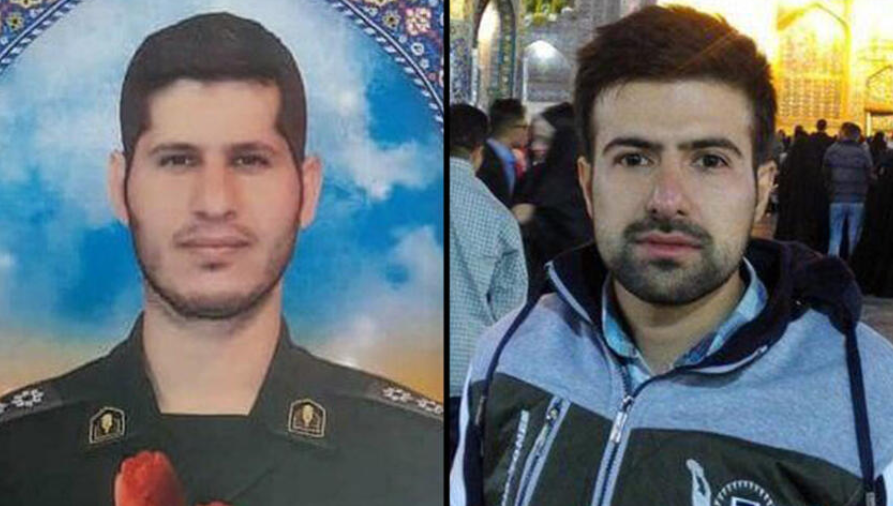
President Hassan Rohani now faces pressure from hardliners within Iran, as well as external pressures
One of the known political patterns of the Islamic Republic is that increased external pressure leads to increased internal cohesion. Nonetheless, the competition for power means that factionalism has not been stamped out. Even though the top leadership has instructed political stakeholders not to add to domestic tensions, the opponents of President Hassan Rohani have used all available means to highlight current poor economic conditions as a sign that the Rohani government is incapable of running the country. Campaigns such as a strike in the bazaar and various protests are hurting the government’s legitimacy as a whole and Rohani personally, and hardliners take every opportunity to push him to resign.
They know that Supreme Leader Ayatollah Ali Khamenei would not agree to an impeachment of Rohani, so their best bet is to undermine the president and push him to resign. There are no signs that he will actually do, but he is undoubtedly under pressure.
The constant critical state
From the perspective of the reformist faction, which has pushed the regime to introduce needed structural reforms, the problem is that there is always a reason to declare that the country is in a ‘critical state.’ Right now it is because of re-imposed US sanctions. In response, all disagreements are swept under the carpet. There are many such disagreements among the political elite, but they share an interest in the survival of the regime.
The main issue at the moment is that a growing number of political stakeholders believe that political and structural reform is inevitable. Military organisations including the Islamic Revolutionary Guard Corps (IRGC) are not diametrically opposed to the government, and they won’t pursue an agenda that could undermine regime stability. Nonetheless, the question of reform brings out a core divergence of political positions.
That is why the reformists are trying to reposition themselves as the faction that has genuinely worked towards reforming the political structure.
To read the remainder of this analysis, and to receive a free sample of Iran Strategic Focus, submit the form here.



